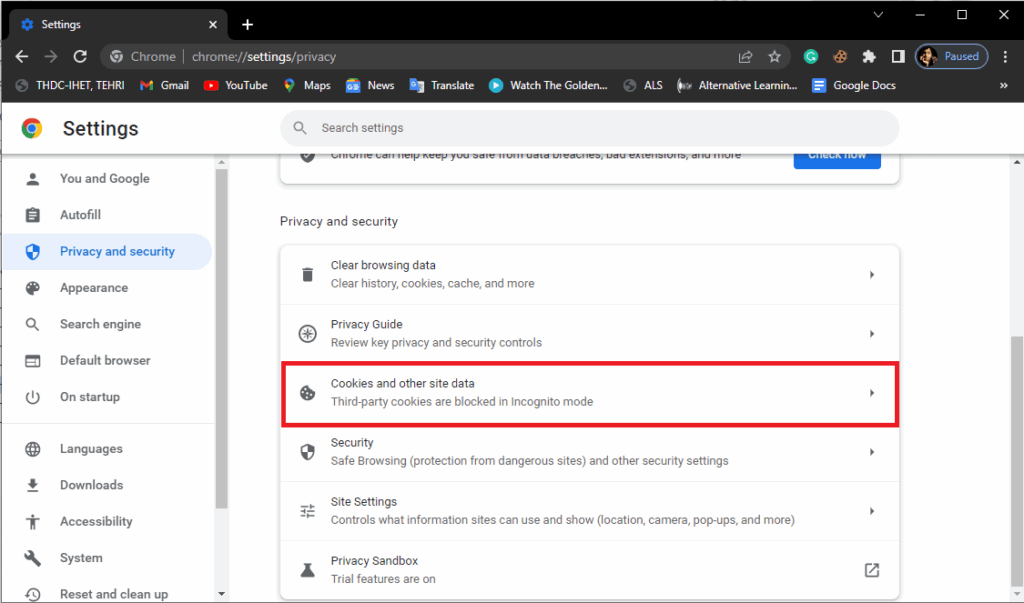Cookies play a crucial role in enhancing user experience on platforms like YouTube by enabling personalized interactions. When users accept cookies, they allow the service to track their preferences and behaviors, which helps the platform develop tailored content and advertisements. For instance, if a user frequently watches cooking videos, the algorithm will suggest similar types of content and display related ads that resonate with their interests. This tailored experience not only keeps users engaged but also increases the effectiveness of advertisements, as they are more likely to interact with content that aligns with their preferences.
On the other hand, users have the option to reject all cookies, which limits the platform’s ability to tailor content and ads. In this case, the user will still receive ads, but they will be non-personalized and based solely on the general content they are viewing or their geographical location. This approach emphasizes privacy and allows users to have more control over their personal data. However, it may result in a less engaging experience, as users will not receive recommendations that are relevant to their interests, making it essential for individuals to weigh the pros and cons of accepting or rejecting cookies.
Moreover, YouTube is transparent about its data usage policies, providing users with options to manage their privacy settings. The platform encourages users to explore the ‘More options’ section to understand how their data is being utilized and offers a resource at g.co/privacytools for further information. This commitment to user control and transparency is vital in a digital age where personal data privacy is a growing concern. By allowing users to make informed decisions about their data preferences, platforms like YouTube foster trust and encourage a safer online environment.
Summary
YouTube uses cookies and data to enhance its services by checking for outages, combating spam and fraud, measuring audience interactions, and providing website statistics for service improvement. If users opt to ‘Accept all’, their data will also be utilized to develop new services, deliver targeted ads, and personalize content based on their preferences and previous activities. Conversely, choosing ‘Reject all’ restricts cookie usage for these extras, leading to non-personalized content influenced only by current viewing and location. Users can select ‘More options’ for further privacy management details or visit g.co/privacytools for additional privacy resources.



More Stories
Siv Ngesi Responds to Piers Morgan’s South African Joke
Kgomotso Meso Nominated for Radio Presenter of the Year
Nelisiwe Sibiya: Overcoming Villain Role Challenges